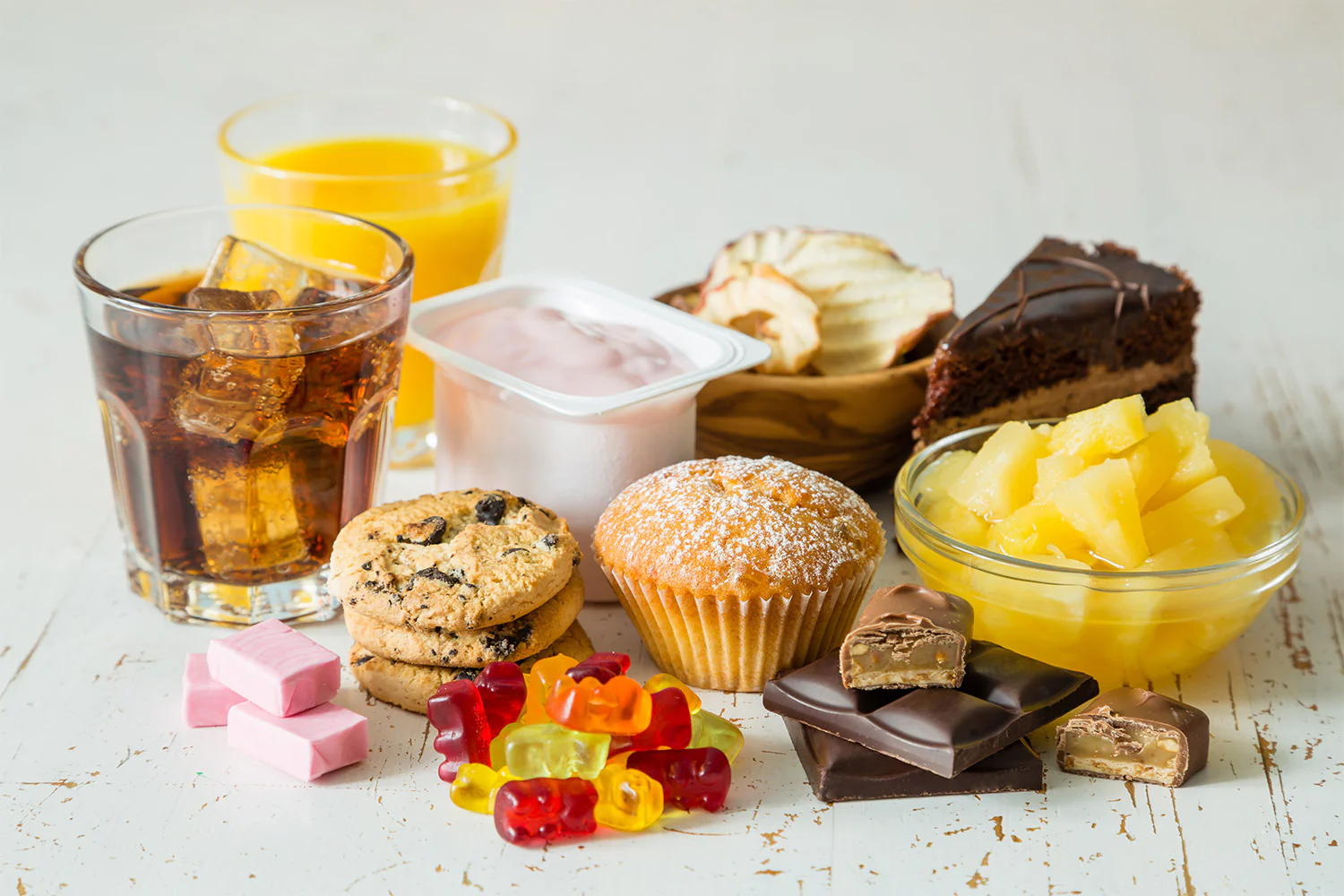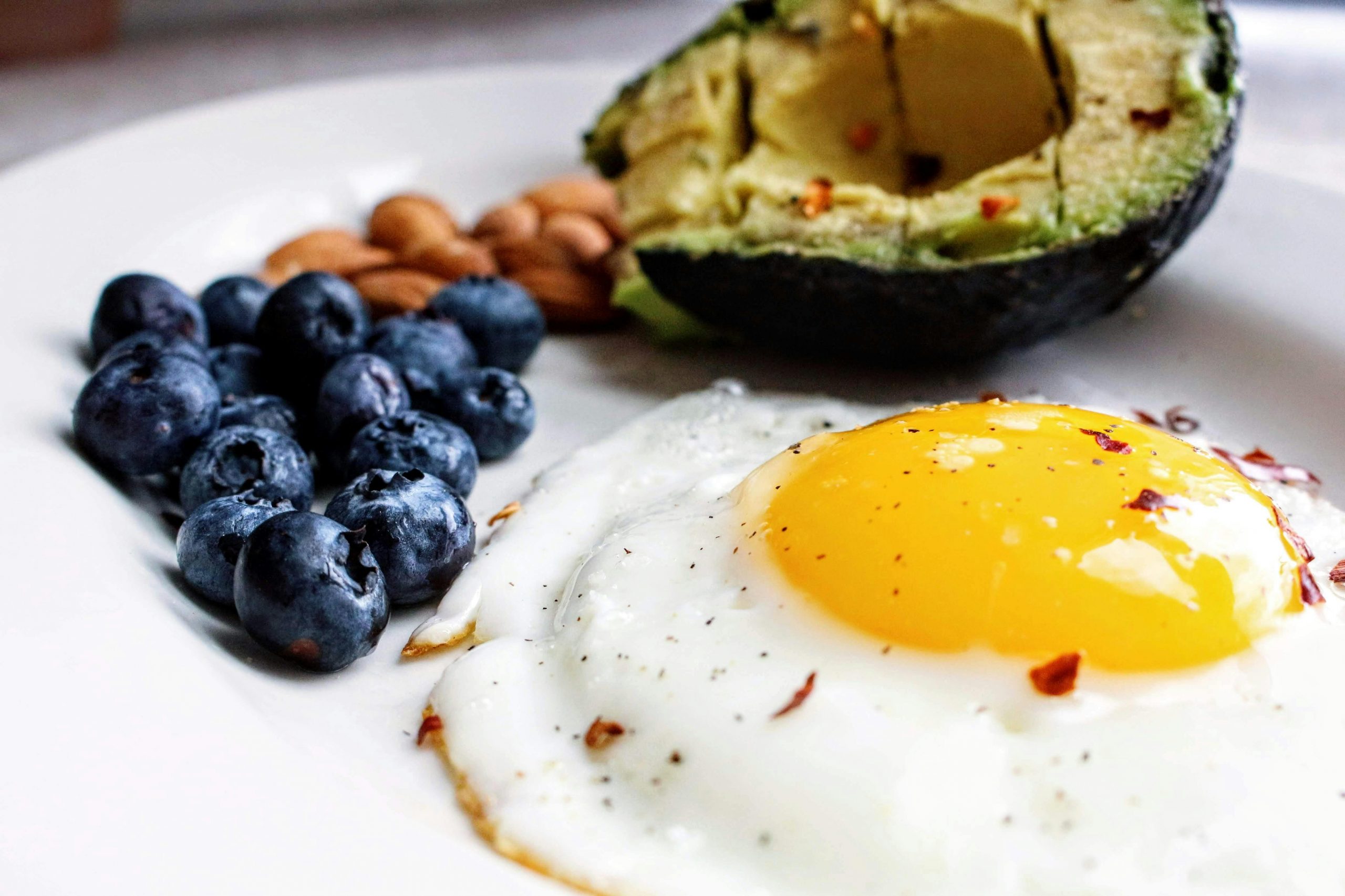It’s possible for food to make you feel energized or extremely exhausted. Though many mindful eaters are often considering the effects of their food on their waistlines, hearts, and the environment, we seldom consider the effects of food on our minds, moods, or energy levels.
As we celebrate Stress Awareness Month, to feel better, have more energy, and restore peace of mind, you should cut out or minimise certain foods from your diet that may increase stress. There is a continuous two-way exchange of information between the gut and the brain, and the state of one directly affects the other.
In her article, Make It, Harvard nutritional psychiatrist Uma Naidoo notes that one thing most people overlook is the impact food has on your mood, brain, and energy levels throughout the day. While some foods are excellent for promoting these effects, others may have unfavourable effects, particularly if consumed frequently or in large amounts.
Can certain foods increase stress? Here’s what foods to eat and to avoid
5 types of foods to avoid
Consuming low-nutritional items such processed meats, sweetened meals, caffeine, and alcohol has been linked to an increased risk of psychiatric symptoms and can raise cortisol levels, the hormone that is primarily responsible for stress.
1. Processed Foods:
These convenient munchies like baked goods and soda might seem harmless, but they’re loaded with refined sugars. Excessive sugar intake can inflame the brain, potentially leading to depression and fatigue. Swap processed foods for fresh fruits, veggies, and clean proteins for a happier mind.
2. Industrial Seed Oils:
Cheaply produced oils like corn and soybean oil contain high levels of inflammatory omega-6 fatty acids, which can increase the risk of depression. Opt for healthier alternatives such as olive or avocado oil to cook your meals.
3. Added and Refined Sugars:
Sugar lurks not only in desserts but also in unexpected places like salad dressings and sauces. Consuming too much sugar can spike anxiety levels and destabilise moods. Look for whole foods without added sugars and satisfy your sweet tooth with natural treats like blueberries or dark chocolate.

4. Fried Foods:
As tempting as they may be, fried foods can dampen your mood. Studies have linked high consumption of fried foods to depression. Swap out deep-fried delicacies for healthier fats like those found in avocados or olive oil.
5. Artificial Sweeteners:
These sugar substitutes might seem like a calorie-cutting saviour, but they could be doing more harm than good. Research suggests that artificial sweeteners can contribute to depression and even damage the brain. Opt for natural sweeteners like honey or agave nectar instead.
READ MORE: Foods to avoid if you have IBS
Foods that may help to reduce stress
While there’s no magical diet to make stress disappear, incorporating certain foods into your meals might just help to reduce it. Here are some delicious options to consider:
Omega-3 fatty acids
A diet abundant in omega-3 fatty acids, could alleviate symptoms of anxiety and depression. Include these omega-3 powerhouses in your meals:
- Fish: Salmon, tuna, and sardines
- Nuts and Seeds: Snack on almonds, walnuts, flaxseeds, and chia seeds.
- Avocados: Creamy and versatile, avocados are a great addition to salads, smoothies, or simply enjoyed on toast.

Antioxidant-rich foods
Antioxidants like vitamins A, C, and E help protect your brain cells from damage. Incorporate these colourful delights into your diet:
- Vegetables: Load up on asparagus, carrots, sweet potatoes, broccoli, spinach, and kale.
- Fresh Fruits: Indulge in strawberries, citrus fruits, papaya, cantaloupe, and apricots.
- Nuts: Munch on almonds and sunflower seeds for a crunchy antioxidant boost.
Vitamin B-packed foods
Vitamin B is known for its role in reducing stress levels and supporting heart and brain health. Try adding these to your diet
- Lean Proteins: Enjoy chicken, fish, eggs, and duck as part of your balanced meals.
- Fortified Cereals: Start your day with a bowl of fortified cereal for a morning dose of vitamin B.
- Nutritional Yeast: Dairy-free and usually gluten-free way to add a savoury, nutty flavour to dishes.
ALSO SEE: 6 signs that may indicate you have a zinc deficiency
Feature image: Pexels

